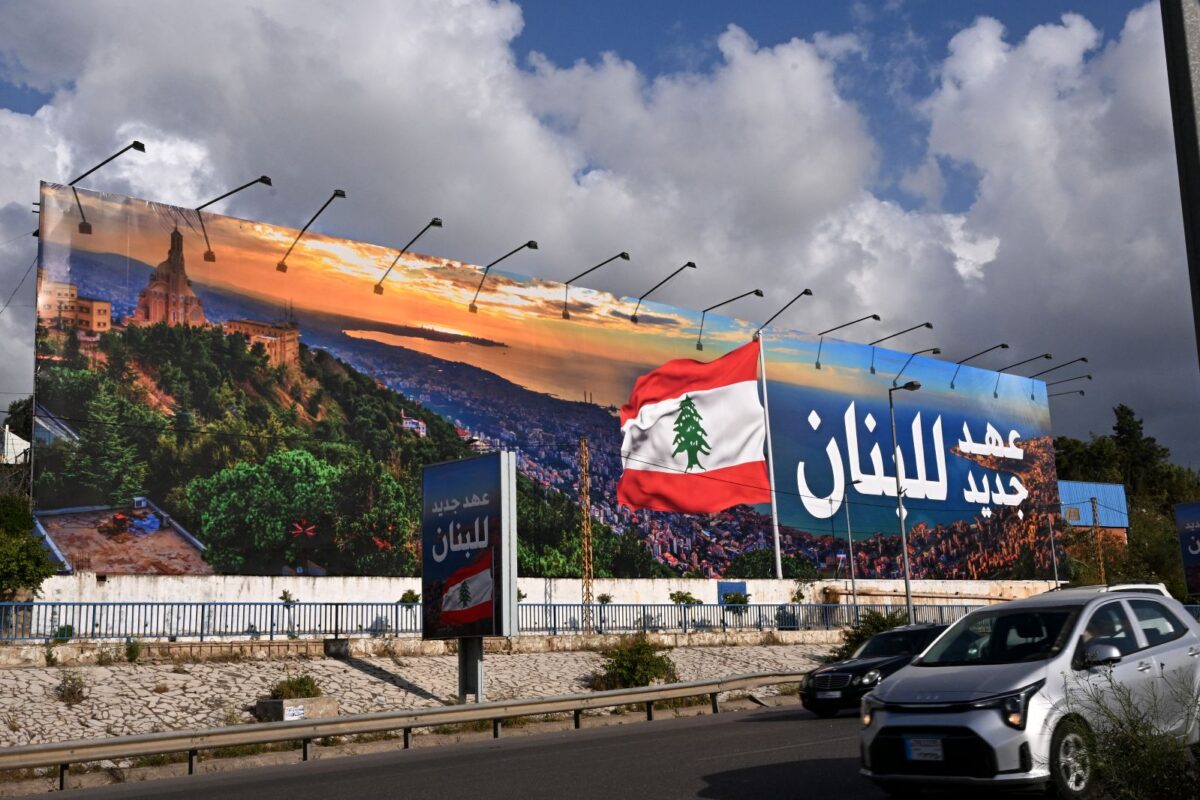
For years, a segment of Lebanon’s political class has grown accustomed to treating any positive gesture from Saudi Arabia as a “gift,” a “favor,” or a rare moment of grace. The recent praise from a senior Saudi official for Lebanon’s efforts to curb Captagon trafficking was no exception; in Beirut, it was framed as a diplomatic victory and a sort of collective absolution.
The truth is far simpler—and far harsher. The Saudis merely reminded us that they are willing to work with any state that respects itself, controls its borders, and refuses to let its population become a smuggling force serving the interests of Iran and Hezbollah.
This is precisely why the recent events in Beirut matter: the arrival of Prince Yazid bin Farhan, alongside a Saudi technical delegation studying the conditions for lifting the ban on Lebanese exports, was not a coincidence. It was a message. Saudi openness is not a reward for Lebanon; it is a reminder that normal relations return only when Lebanon chooses to behave like a normal state.
The delegation meeting Prime Minister Nawaf Salam is not just a technical committee. It represents a broader attempt to rebuild trust and redraw the expectations of what a functioning state should look like. The Saudi door can reopen—but only when Lebanon closes the doors it has left wide open to chaos, smuggling, and illegal arms.
The problem is not the Saudi statement; it is the humiliating way many Lebanese received it. That some are celebrating merely because Riyadh “no longer sees us as Captagon dealers” shows how deep the crisis is. This is no longer a political or economic failure. It is a collapse of identity and dignity. We were once known in the Gulf as educators, doctors, and entrepreneurs; today our name passes through figures like Wafiq Safa, Hezbollah head of Security , Nouh Zaiter the most prominent Drug kingpin, and the networks that turned our borders into an open bazaar for the region’s black markets.
Iran and Hezbollah did not export “resistance” to the Gulf; they exported narcotics—and with them a model of a “proxy state” that rents out its ports and borders to serve foreign projects.
Captagon was never just a criminal enterprise. It was a political weapon aimed at undermining Saudi and Gulf societies—part of a broader system that transformed Lebanon into a platform of threat. Anyone who has examined the international investigations knows this was not the work of a few rogue individuals. It was a transnational, organized network protected by clerical fatwas, political shields, and security umbrellas stretching from the southern suburbs to the Bekaa and all the way to our ports.
This is why the Saudi signal matters. Its significance is not merely the reopening of a path toward restored ties, but the clarity of the message: the road back to Riyadh runs only through disarming the militia and restoring the state’s authority over its borders, its economy, and its political decisions. Lebanon cannot ask the Gulf to treat it like a normal state while its decisions on war and peace are made not in the presidential palace in Baabda or the Grand Serail, but in a command room linked to Tehran.
If Lebanon wishes to shed the label of a “suspect state,” it must confront three truths that we no longer have the luxury to ignore.
First, Hezbollah is not a local “political component,” no matter how insistently some repeat this fiction. It is a security-military-financial apparatus operating under the doctrine of the Wilayat al-Faqih, using Lebanon as a forward line of confrontation—never as a homeland.
Second, the Lebanese economy—no matter the rescue plans and draft budgets—will remain crippled so long as parts of it are hijacked by the shadow economy: Captagon trafficking, money laundering, and the smuggling networks that turned our borders into a sieve for everything illicit.
Third, and perhaps most cruelly: the world—especially the Gulf—no longer sees Lebanon as a hostage. It sees a country that repeatedly chooses the same destructive model, hides behind “national unity” to protect corruption and armed force alike, and then demands empathy without accountability.
These truths are not opposition rhetoric. They are the mirror through which the region sees us. And until we acknowledge them ourselves, there will be no genuine Saudi opening, no restored confidence, and no markets welcoming Lebanese goods again.
Saudi Arabia’s message is straightforward: We are ready to invest in you, if you decide to invest in yourselves. Ready to reopen doors, if you shut down the factories of poison, reclaim your borders and ports from the militia, and—above all—restore sovereign decision-making.
This is not “a new guardianship.” It is the minimum expectation of any relationship between a responsible state and a partner asking for support.
Lebanon now faces a simple, brutal choice:
Remain an economic and security appendage of a collapsing Iranian project, or return to being a normal Arab state—nothing more, but certainly nothing less.
The path back runs through Riyadh, yes. But it begins in Beirut: with a parliament that dares say no to illegal weapons, a government that treats smuggling as a national crime rather than a footnote, and a president who understands that Lebanon’s compass must point toward its own national interest—not the threats of an external security surrogate.
A Lebanon “after the poisons” is possible. But only if we first decide that we are neither Captagon dealers nor proxies for anyone. We will either be a state that respects itself—or we will fully become the caricature Hezbollah and Iran have drawn for us: a country without sovereignty, without dignity, and without a future.
This article originally appeared in Elaf
Makram Rabah is the managing editor at Now Lebanon and an Assistant Professor at the American University of Beirut, Department of History. His book Conflict on Mount Lebanon: The Druze, the Maronites and Collective Memory (Edinburgh University Press) covers collective identities and the Lebanese Civil War. He tweets at @makramrabah







